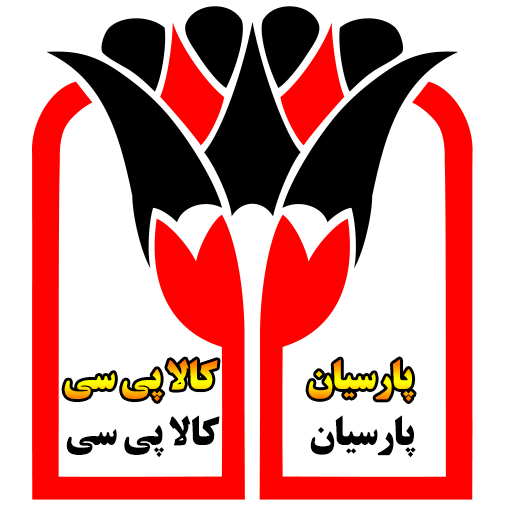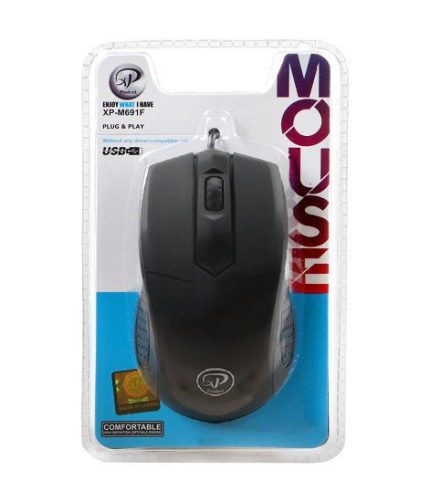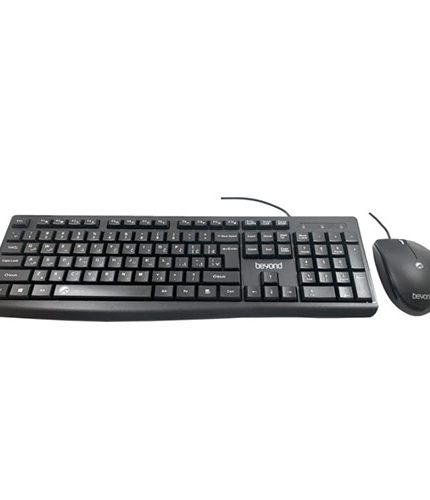In the dynamic world of sports, where athletes push their physical limits to achieve greatness, accidents are an inevitable part of the journey. Whether or not it’s a sprained ankle, a torn ligament, or a muscle strain, sports accidents could be debilitating, not only affecting an athlete’s performance but also their overall well-being. In such occasions of adversity, physiotherapy emerges as a beacon of hope, offering a complete approach to rehabilitation that goes past mere recovery, aiming to restore athletes to their peak physical condition.
Physiotherapy in sports injury rehabilitation just isn’t merely about treating the symptoms; it’s about understanding the foundation cause of the injury and devising a tailored plan to address it. This holistic approach encompasses a range of methods, including manual therapy, train prescription, electrotherapy, and education, all aimed at promoting healing, restoring operate, and stopping future injuries.
One of many fundamental pillars of physiotherapy in sports rehabilitation is manual therapy. Skilled physiotherapists employ varied fingers-on strategies corresponding to joint mobilization, soft tissue manipulation, and massage to alleviate pain, reduce inflammation, and improve mobility. By restoring proper joint mechanics and tissue flexibility, manual remedy performs an important function in facilitating the body’s natural healing process.
In conjunction with manual remedy, exercise prescription forms the cornerstone of sports injury rehabilitation. Physiotherapists design personalized train programs tailored to the athlete’s specific needs, focusing on strengthening weak muscle tissues, improving flexibility, and enhancing general conditioning. These exercises not only aid in recovery but also help forestall re-injury by addressing underlying imbalances and weaknesses.
Electrotherapy modalities such as ultrasound, electrical muscle stimulation, and laser remedy are commonly used adjuncts in sports rehabilitation. These modalities help promote tissue healing, reduce pain, and enhance muscle perform by means of their therapeutic effects on mobile metabolism, circulation, and nerve conduction. While they might not be standalone treatments, when utilized in conjunction with different physiotherapy strategies, they can significantly expedite the healing process.
Moreover, education performs a pivotal function in empowering athletes to take an active function in their rehabilitation journey. Physiotherapists educate athletes about their injury, its causes, and the significance of adhering to the rehabilitation program. In addition they provide guidance on proper biomechanics, injury prevention strategies, and lifestyle modifications to optimize performance and minimize the risk of future injuries.
Past the physical elements, physiotherapy addresses the psychological and emotional dimensions of sports injuries. Dealing with an injury can take a toll on an athlete’s mental well-being, leading to frustration, anxiety, and even depression. Physiotherapists act as mentors and motivators, providing emotional help and instilling a positive mindset essential for successful rehabilitation.
Furthermore, physiotherapy extends its reach beyond the confines of the clinic, integrating seamlessly into the athlete’s broader assist network. Collaborating with coaches, athletic trainers, and other healthcare professionals, physiotherapists guarantee a multidisciplinary approach to rehabilitation, where everybody works synergistically towards the widespread goal of restoring the athlete to peak performance.
In conclusion, physiotherapy plays an indispensable function in sports injury rehabilitation, offering a multifaceted approach that addresses the physical, psychological, and social facets of recovery. By means of manual remedy, exercise prescription, electrotherapy, education, and emotional help, physiotherapists guide athletes on their journey from injury to recovery, empowering them to emerge stronger, both physically and mentally. Within the ever-evolving panorama of sports, where injuries are inevitable, physiotherapy stands as a beacon of resilience, helping athletes unlock their full potential and rise above adversity.
To learn more info about Physiotherapie Zurich look at our own internet site.














